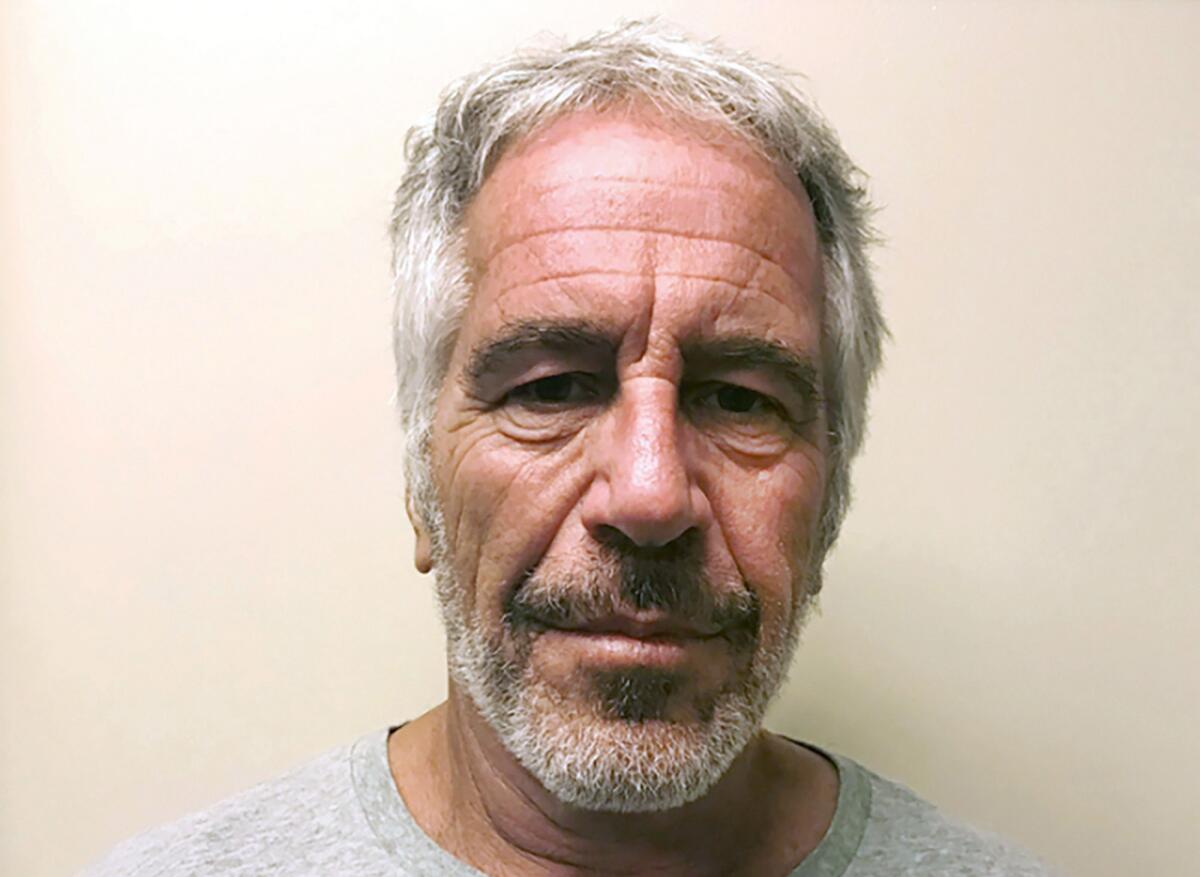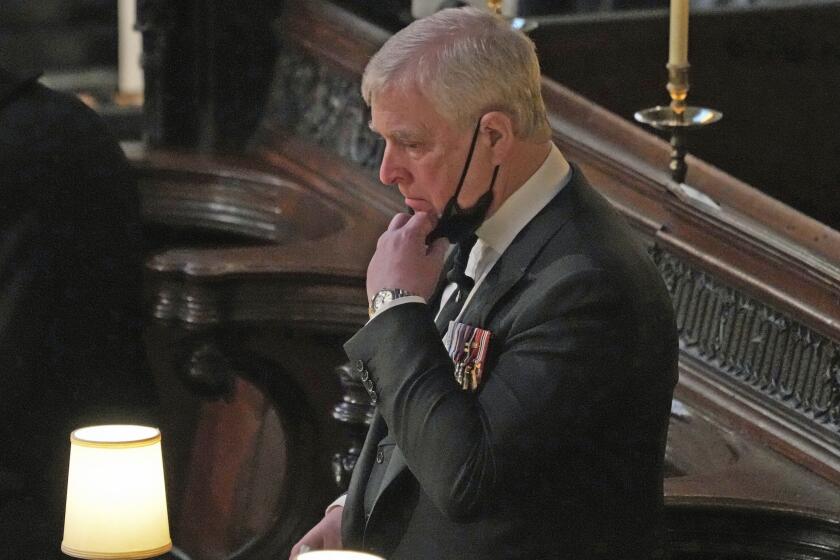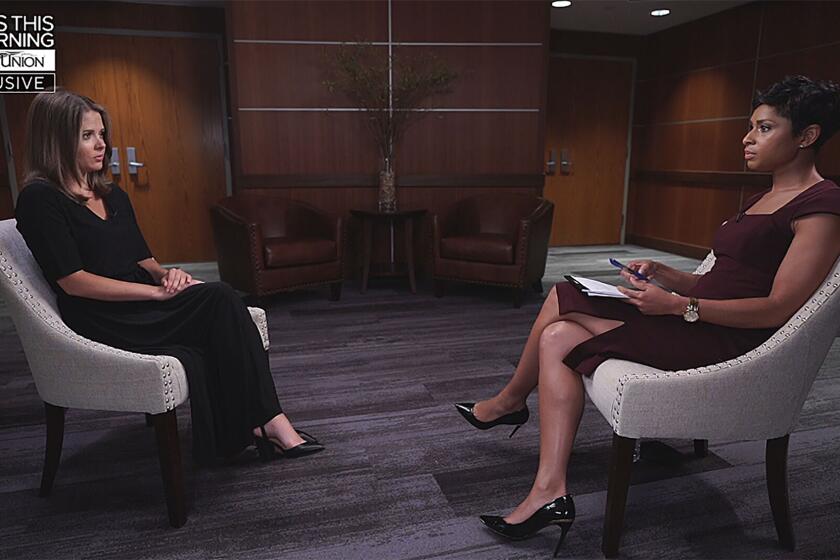Fund for Jeffrey Epstein victims pays out $125 million to more than 100 people

- Share via
NEW YORK — A fund set up to provide money to victims of financier Jeffrey Epstein announced Monday that it has largely completed its work after agreeing to disburse nearly $125 million to more than 135 people.
The announcement came from Jordana Feldman, the administrator of the Epstein Victims Compensation Program, which since late June of last year has operated independently of Epstein’s estate.
Epstein, 66, killed himself in August 2019 in a Manhattan jail a month after his arrest on sex-trafficking charges. Dozens of women have alleged that Epstein for decades sexually abused teenage girls and women, often by turning mansion massages into sexual assaults.
Feldman said 92% of 150 eligible applicants accepted what was offered by the fund, which received 225 claims, far more than the roughly 100 or so claims that were expected based on the number of women who had sued and spoken to lawyers.
Payouts were generally processed and paid within two to three months after claimants shared their experiences in confidential meetings, according to a release from the fund.
Feldman, who declined to provide details about the claimants, said she met individually with more than 200 fund applicants and tried to put them at ease at the outset by saying nothing would be recorded, leading them to “kind of relax their shoulders a little bit.”
Virginia Giuffre takes to a formal venue her repeated accusations that Britain’s Prince Andrew, abetted by Jeffrey Epstein, sexually assaulted her.
“I do think that there was a sense of comfort knowing that this was a safe space to share their stories. And I think that the process was exhausting but empowering for many of these victims — empowerment in having come forward and reclaiming a sense of control and ownership in their own narrative,” she said.
Feldman said she also did not record the meetings because she didn’t want to create an extra record of the meetings, which occurred as criminal probes continue into Epstein and those who might have aided in his sex crimes since the 1990s. His ex-girlfriend Ghislaine Maxwell has pleaded not guilty to sex-trafficking charges and awaits a November trial in Manhattan federal court.
Though the meetings were scheduled for one hour, some went much longer, Feldman said.
“It was for many of the victims the first time they told their stories from the beginning,” she said.
A woman who accuses New York Gov. Andrew Cuomo, her then-boss, of groping her breast tells why she felt empowered to go public with her allegations.
The fund was designed as an alternative to lawsuits, which can take years to proceed to a payout.
Awards were not by formula but instead were calculated after a study of numerous factors, including the victim’s age, severity of abuse, frequency and impact of abuse, the extent of collaboration and the general credibility of the claim, Feldman said.
Brad Edwards, a Florida attorney who had several dozens clients participate in the process, called the claim program “largely successful.”
“The majority of victims accepted the determination of the administrators, settled their cases, and were happy to get through this process and resume healing,” Edwards said in an email.
News Alerts
Get breaking news, investigations, analysis and more signature journalism from the Los Angeles Times in your inbox.
You may occasionally receive promotional content from the Los Angeles Times.
He said some victims, though, “felt the determination from the program was inadequate and will be litigating their claims.”
The fund was established with help from Kenneth Feinberg, who oversaw compensation funds for victims of the Sept. 11 terrorist attacks and of clerical sex abuse within New York’s Roman Catholic archdiocese. Feldman said she worked for a decade on the Sept. 11 compensation fund.
The payouts were financed with money from Epstein’s estate, including expenses of $8 million to $9 million, Feldman said.
More to Read
Sign up for Essential California
The most important California stories and recommendations in your inbox every morning.
You may occasionally receive promotional content from the Los Angeles Times.














